Disclaimer: I am not a member of the Grammar Police, but some have thought otherwise. Let's just say I am a stickler for grammar, but I also do know when it may be appropriate to bend the rules.
That being said, there are grammar mistakes that simply make me cringe. Whether in embarrassment for the writer or in frustration, I cannot really say.
But, writers, pay attention. The grammar points I am about to highlight may be my pet peeves, but make no mistake about it: if you make these mistakes in your work, you just might lose the respect of your peers and readers. Would you want that?
Image via http://www.airlinepilotforums.com


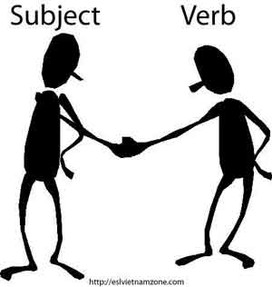

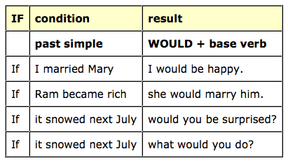
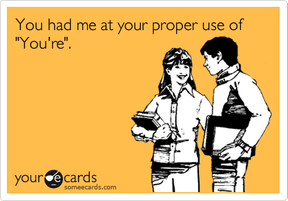
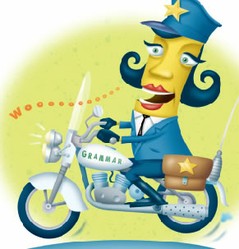

 How to Share Your Writing Onlineon 09/26/2012
How to Share Your Writing Onlineon 09/26/2012
 Productivity Tools for People Who Work at Homeon 09/18/2012
Productivity Tools for People Who Work at Homeon 09/18/2012
 Three Simple Tips to Give Your Blog More Lifeon 09/11/2012
Three Simple Tips to Give Your Blog More Lifeon 09/11/2012
 Three Reasons to Download Flipboardon 08/30/2012
Three Reasons to Download Flipboardon 08/30/2012
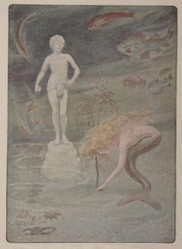

Comments
The misuse of to and too makes me nuts for some reason!